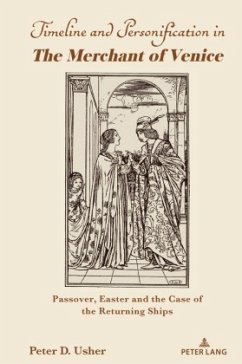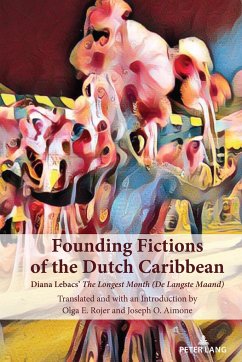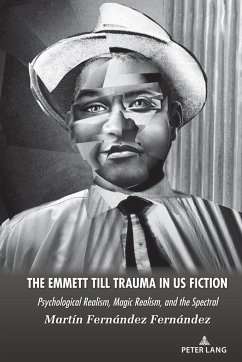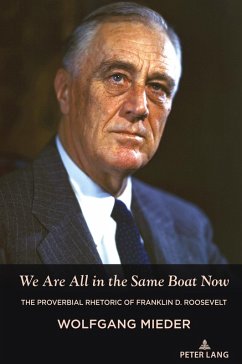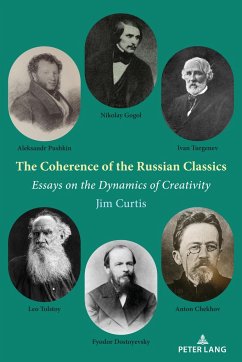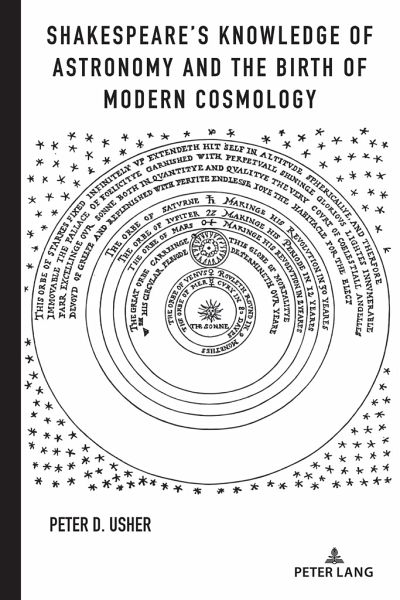
Shakespeare's Knowledge of Astronomy and the Birth of Modern Cosmology
Versandkostenfrei!
Versandfertig in 6-10 Tagen
89,30 €
inkl. MwSt.
Weitere Ausgaben:

PAYBACK Punkte
0 °P sammeln!
In a novel reading of Shakespeare's plays, this book addresses an observation first made many decades ago, that Shakespeare appears to neglect the intellectual upheavals that astronomy brought about in his lifetime. The author examines temporal, situational, and verbal anomalies in Hamlet and other plays using hermeneutic-dialectic methodology, and finds a consistent pattern of interpretation that is compatible with the history of astronomy and with the development of modern cosmology. He also demonstrates how Shakespeare takes into account beliefs about the nature of the heavens from the time...
In a novel reading of Shakespeare's plays, this book addresses an observation first made many decades ago, that Shakespeare appears to neglect the intellectual upheavals that astronomy brought about in his lifetime. The author examines temporal, situational, and verbal anomalies in Hamlet and other plays using hermeneutic-dialectic methodology, and finds a consistent pattern of interpretation that is compatible with the history of astronomy and with the development of modern cosmology. He also demonstrates how Shakespeare takes into account beliefs about the nature of the heavens from the time of Pythagoras up to and including discoveries and theories in the first decade of the seventeenth century. The book makes the case that, as in many other fields, Shakespeare's celestial knowledge is far beyond what was commonly known at the time.
Students and teachers interested in Shakespeare's alleged indifference towards, or ignorance of, the celestial sciences will find this book illuminating, as will historians of science and scholars whose work focuses on epistemology and its relationship to the canon, and on how Shakespeare acquired the data that his plays deliver.
Students and teachers interested in Shakespeare's alleged indifference towards, or ignorance of, the celestial sciences will find this book illuminating, as will historians of science and scholars whose work focuses on epistemology and its relationship to the canon, and on how Shakespeare acquired the data that his plays deliver.





